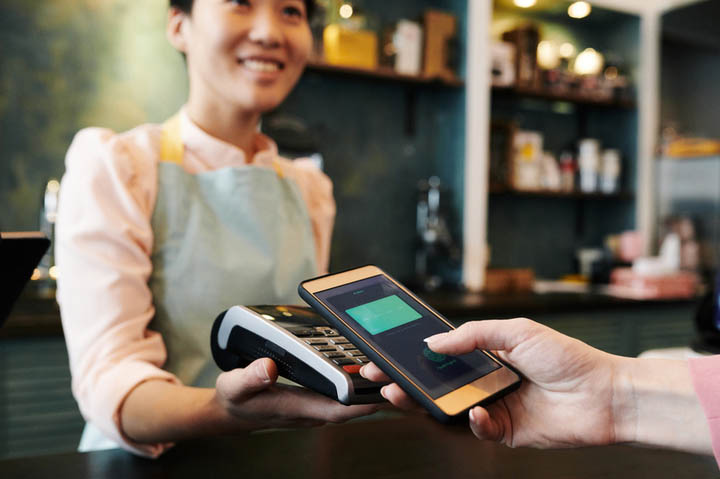
Protecting your finances from fraud has become more critical in the digital age. With cybercriminals constantly developing new ways to steal your information and access your accounts, it’s essential to stay alert and take the necessary precautions to safeguard your financial well-being. You can also access your free credit report at Best Egg Financial Health and get alert emails if we notice something strange happening with your accounts.
Keep your contact information up-to-date
Ensuring that your contact information is current allows financial institutions to quickly contact you if they detect any suspicious activity on your account. Log in to your bank’s online security center or contact their customer service to review and update your contact information. Provide your most recent phone number, email address, and mailing address.
Create strong and unique passwords
A solid and unique password is one of the first lines of defense against unauthorized access to your financial accounts. Avoid using easily guessable information like your name, birth date, or any common words. Instead, mix uppercase and lowercase letters, numbers, and special characters. Avoid using the same password for multiple accounts, as this can make it easier for hackers to access your information.
Enable push alerts and account notifications
By enabling push alerts and notifications on your banking app, you can receive instant updates on any suspicious activity or transactions, allowing you to act quickly in case of fraud. Log in to your banking app and navigate to the “Alerts” or “Notifications” section. Review your settings and enable security alerts for transactions, balance updates, or any other activity that may indicate unauthorized access.
Use biometric authentication
Biometric authentication, such as fingerprint or facial recognition, adds more security to your accounts, making it more difficult for criminals to gain access. Log in to your bank’s security center and enable biometric authentication features like Touch ID or Face ID. Additionally, consider using devices with built-in biometric authentication systems for added security.
Protect your devices and use a VPN
Keeping your devices updated with the latest security patches and using a Virtual Private Network (VPN) can help protect your financial information from hackers and identity thieves. Update your devices with the latest operating systems and browsers when they become available and install a reputable VPN to encrypt your online traffic. This is especially important when using public Wi-Fi networks, as they can be more vulnerable to cyber-attacks.
Monitor your accounts and credit reports
Regularly checking your bank accounts and credit reports can help you detect suspicious activity or unauthorized transactions early on. Sign up for online banking and review your transactions regularly. Check your credit reports at least once a year from the three major credit bureaus—Equifax, Experian, and TransUnion—to ensure that your information is accurate and up-to-date.
Choose financial institutions with strong security measures
Opting for banks and credit card companies with robust security features ensures your finances are well-protected against fraud and identity theft. Research and read reviews before choosing a bank or credit card company. Focus on each institution’s reputation for security and look for features such as multi-factor authentication, fraud monitoring, and alert systems.
Be aware of scams and red flags
Knowing scammers’ common tactics can help you avoid fraud and identity theft. Learn about the various types of scams and how to spot the warning signs. Be cautious when clicking on links in emails, texts, or social media messages, and always verify the source before providing any personal or financial information.
Use credit cards wisely
Using credit cards responsibly and knowing when to choose them over debit cards can help protect your finances in case of theft or unauthorized transactions. Only use your credit card for purchases you can afford to pay off in full, as this can help you avoid accumulating interest charges. Credit cards often offer better fraud protection than debit cards, so consider using them for online transactions and other situations where your information may be at risk.
Take action
Acting quickly in case of suspected fraud or identity theft can help minimize the damage and protect your finances. If you believe you are a victim of fraud or identity theft, contact your financial institution immediately to report the issue. Consider placing a fraud alert or credit freeze on your credit reports to prevent unauthorized access to your accounts and personal information.
Protecting your finances from fraud and identity theft requires constant vigilance and proactive measures. By following the steps outlined in this guide, you may potentially reduce the risk of becoming a victim and help ensure the security of your financial future.
This article is for educational purposes only and is not intended to provide financial, tax or legal advice. You should consult a professional for specific advice. Best Egg is not responsible for the information contained in third-party sites cited or hyperlinked in this article. Best Egg is not responsible for, and does not provide or endorse third party products, services or other third-party content.


